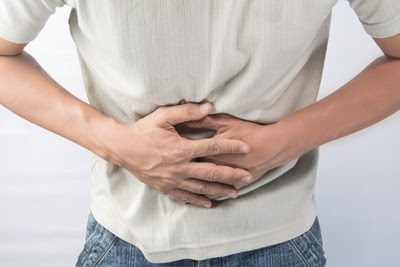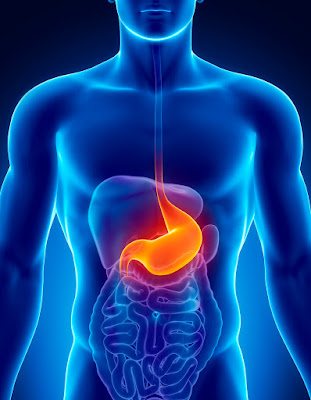5 Common Types of Digestive System Disorders
There are various types of digestive system disorders that are common. Of the many digestive diseases, there are five types that are often found and we will discuss in the following article.
The human digestive system consists of the mouth, esophagus, stomach, small intestine, large intestine, and anus. In addition, the organs of the pancreas, liver, and gallbladder are also included in the Digestive System.
The function of the digestive system is to receive and digest various foods that we eat. After being digested, these nutrients are absorbed and distributed throughout our body through the bloodstream. The Digestive System also functions to separate and dispose of leftover food that cannot be digested by the human body.
Various Kinds of Digestive System Disorders
Digestive System Disorders are problems that occur in the ducts or organs involved in the human digestive system. This condition can be caused by a variety of factors, from infection to acid reflux. Symptoms of digestive system disorders also vary, ranging from mild to severe disorders.
The following types of digestive system disorders that are commonly encountered :
- Diarrhea
In addition to causing changes in the frequency and consistency of pooping, diarrhea can also cause sufferers to experience stomach cramps, fever, bloating, and nausea.
- Constipated
In addition to decreased bowel movements, constipation symptoms also include :
- Hard stool.
- Must push when defecating.
- Feeling there is a blockage in the rectum, making stool difficult to remove.
- Feeling incomplete after defecation.
- Need help to remove the stool, for example pressing on the abdominal area or using your fingers to remove stool from the anus.
- Hemorrhoids
- Gastroesophageal Reflux Disease
Gastroesophageal Reflux Disease (GERD) or stomach acid disease occurs when stomach acid rises into the esophagus. This condition is caused by a weakening of the valve (sphincter) which is located in the lower esophagus.
In a Healthy body condition, the valve will contract and close the esophagus after food drops into the stomach. But in patients with GERD, a weak valve causes the esophagus to remain open, so that stomach acid can rise to the esophagus.
Some of the symptoms of acid reflux disease are :
- Pain and a burning sensation in the chest, which gets worse after eating or when lying down.
- Sour taste in the back of the mouth.
- Pain when swallowing.
- There is a lump in the esophagus.
- Cough without phlegm.
- Sore throat, if stomach acid irritates the throat.
- Peptic Ulcer
Generally, stomach ulcers cause pain in the gut. Other symptoms that can appear on an ulcer are :
- A sense of fullness and bloating.
- Nausea and vomiting.
- Dark-colored feces
- Changes in appetite
- Weight loss with no known why



Post a Comment for "5 Common Types of Digestive System Disorders"